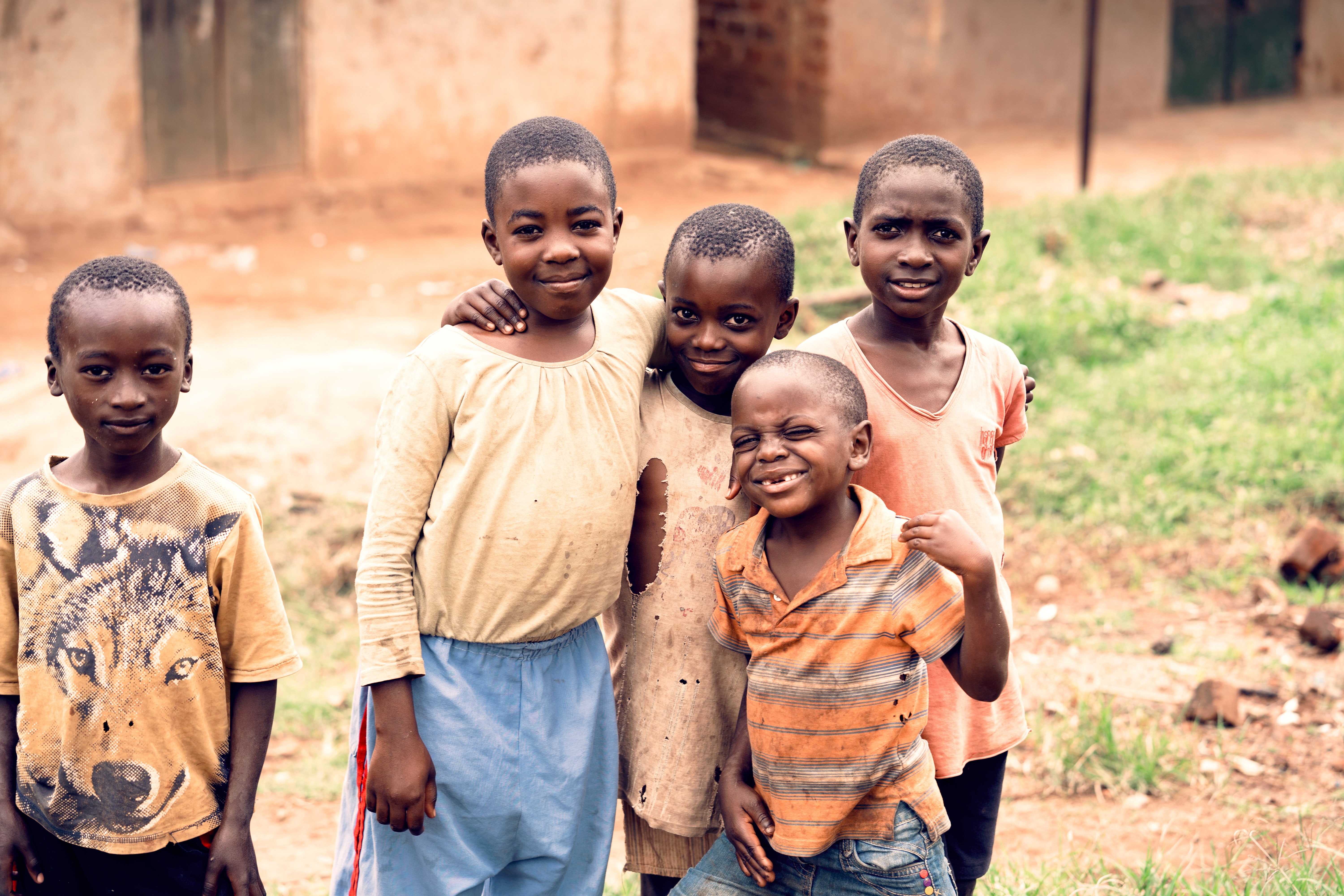The role of WACSOF is to ensure that CSOs in the West African Region engage in practices that promote the rights of children stipulated by the African Committee of Experts on the Rights and Welfare of the Child. Similarly, WACSOF encourages CSOs to advocate for enactment and implementation of policies that would further promote the rights and welfare of the West African child.
ECOWAS CHILD RIGHT POLICY
The rights of children in ECOWAS are guaranteed under Article 41 of the Protocol on Democracy and Good Governance. This Policy highlights the individual context of each child and adopts a life-course approach to child-wellbeing. The Policy envisions that all children are to be loved, supported and protected.
Children are to be encouraged, guided and assisted to reach their maximum potential, both in childhood, as well as to eventually mature into responsible and active citizens, who contribute to the overall enrichment of the region.


WACSOF-FOSCAO works to mobilize CSOs within the West African region to implement the ECOWAS Child Policy.
WACSOF, ECOWAS and SDGs
The initial ECOWAS Child Policy was developed to support the promotion and fulfilment of children’s rights in West Africa, focusing on four key priority areas: Survival, Development, Protection and Participation. The Child Policy was adopted in December 2008 by ECOWAS Heads of State and Government. The ECOWAS Child Policy provides the broadbased structure and a policy direction for Member States in their common regional and international aspirations towards fulfilling child rights in West Africa.

WACSOF-FOSCAO further amplifies the Sustainable Development Goals which comprise 17 Goals and 169 targets to be delivered by 2030 of which 48 targets are directly relevant to children, while 47 are somewhat relevant. Goals One, Two, Three, Four, Five and Six are of direct consequence to children, while Goals Eight, Ten, Eleven, Twelve, Thirteen and Sixteen have targets directly or closely linked to the realisation of child rights. Within the next twelve years, an end to new- born-and-under-five mortalities must be realised, which requires the eradication of extreme poverty and hunger, ending child malnutrition and controlling communicable diseases affecting children, such as HIV, malaria,polioandwater-bornediseases (Goals One, Two, Three, and Six). Universal completion of primary and secondary education, with equal access for boys and girls is of critical importance (Goal Four). Goal Six on access to safe drinking water and hygiene will help in the realisation of Goal Three. Goal Five addresses gender disparity and child, early and forced marriage. Goal Eight requires States to take immediate measures to eradicate forced labour, end modern slavery and human trafficking and secure the prohibition and elimination of the worst forms of child labour, including recruitment and use of child soldiers, and to end child labour in all its forms by 2025. Finally, Goal Sixteen calls for an end to abuse, exploitation, trafficking and all forms of violence against and torture of children. All the targets relating to children are closely linked and cannot be realised in isolation.


